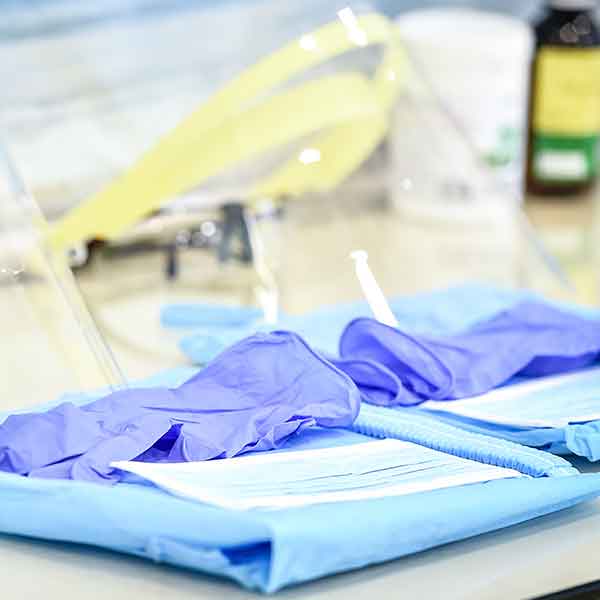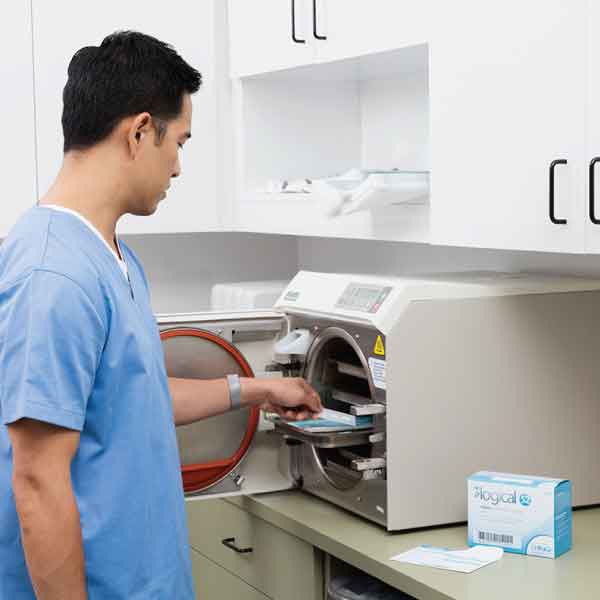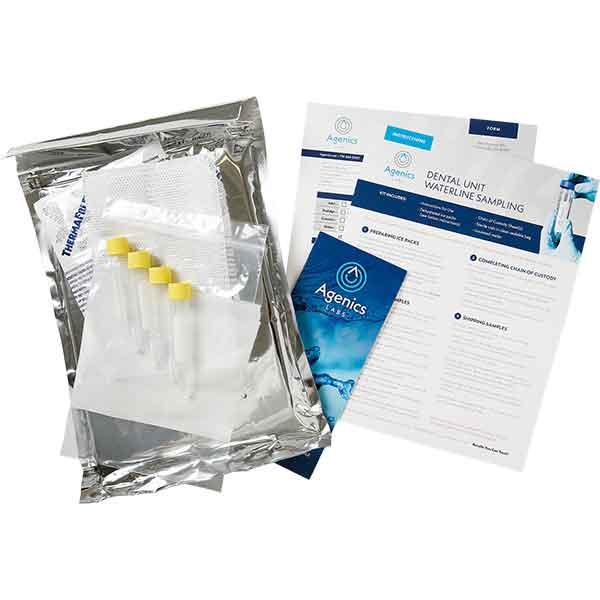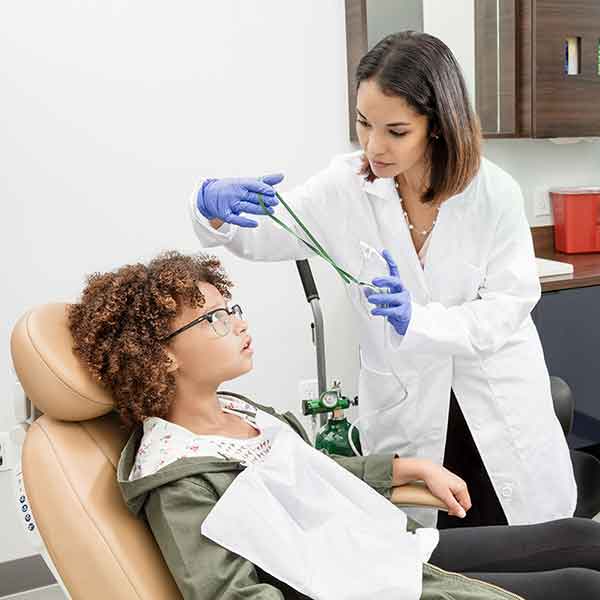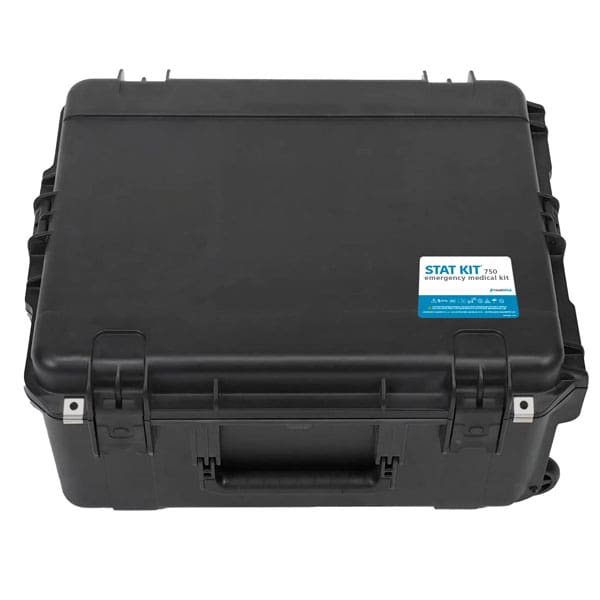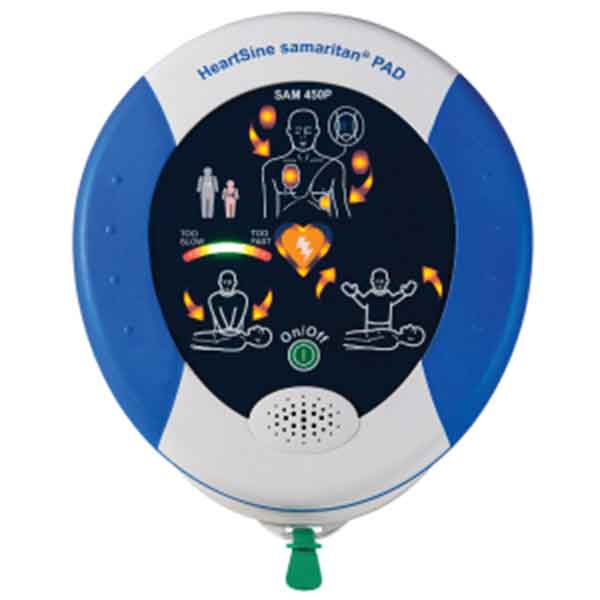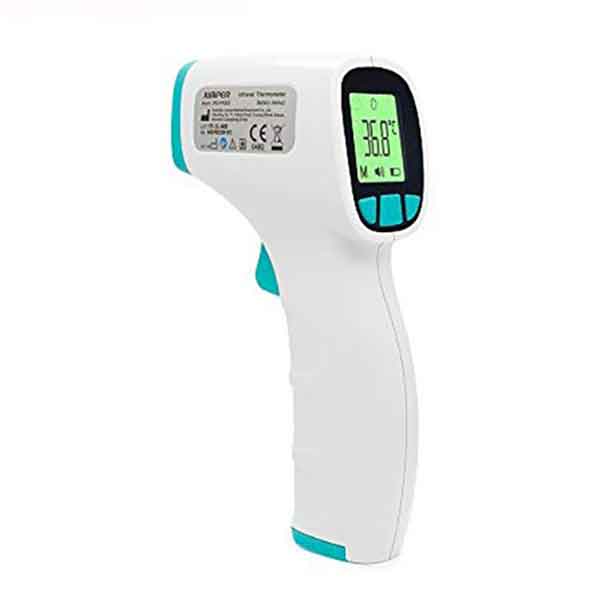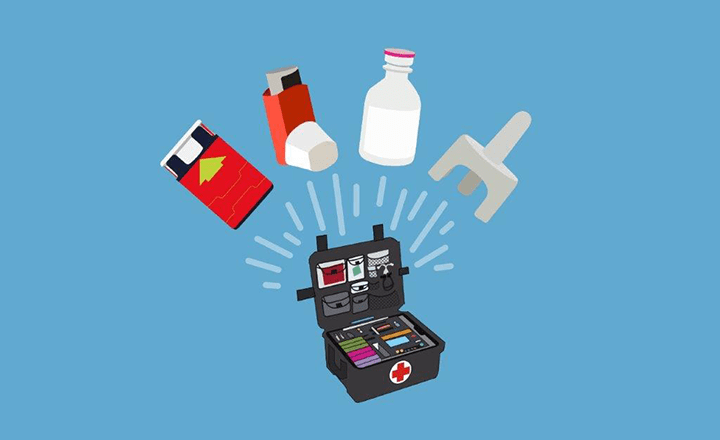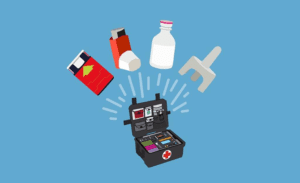Recent health scares at HealthFirst customer facilities show why some healthcare professionals consider epinephrine auto-injectors to be the single most important drug for medical emergency readiness.
“In a life-threatening anaphylactic reaction, the most important criteria for the person having a chance of surviving are rapid identification of the problem and prompt administration of epinephrine,” says Dental Anesthesiologist Dr. Stanley Malamed, noted medical emergency lecturer and textbook author. “For fastest administration, an auto-injector is a must.”
Anaphylaxis is a systemic allergic reaction that involves respiratory symptoms and can result in cardiovascular collapse. Both symptoms are potentially life-threatening if not quickly treated with intramuscular adrenaline.
In two recent cases, offices turned to their HealthFirst emergency medical kits for the AUVI-Q® epinephrine auto-injector that gives users audio and visual cues through the administration of the injection. In each case, the patient’s life was in potential jeopardy. Quick action by the medical staff resulted in positive outcomes for both medical emergencies.
Patient in Distress After Local Anesthetic Administered
At a busy general dental practice in Honolulu, a 72-year-old female patient was in for a routine procedure. Her history of prior local anesthetic injections without incident suggested that an injection of mepivacaine would not pose problems.
A few minutes after receiving the local anesthetic, she began coughing. As the coughing increased, she began developing an itchy rash on both arms.
With the symptoms becoming more severe, the dentist grabbed the AUVI-Q epinephrine auto-injector from the office’s HealthFirst emergency medical kit. Upon removing the auto-injector from its container, the Auvi-Q’s automated audio assistance was activated. The recorded voice instructed the dentist how to properly administer the emergency dose of epinephrine.
The office team called 9-1-1, and the patient was taken to a nearby hospital. She was admitted overnight for observation and was much improved the following day.
Medical Staff Member Has Severe Reaction After Donning Scrubs
Severe allergic reactions can come at any time, for seemingly obscure reasons. In a California medical office, a new staff member experienced intense itchiness shortly after donning her professionally laundered scrubs. Within 20 minutes, she was suffering from skin rashes and itchy eyes, and she worried that she was in medical distress.
The office physician was informed of her situation and retrieved their emergency medical kit. They administered the epinephrine auto-injector as well as 40 ml of Benadryl. Her symptoms improved, but out of caution she was transported to the nearest emergency room where she was further treated and released.
Upon returning to the office, the staff member stated that she has had severe allergic reactions to some laundry detergents and adhesive bandages.
























